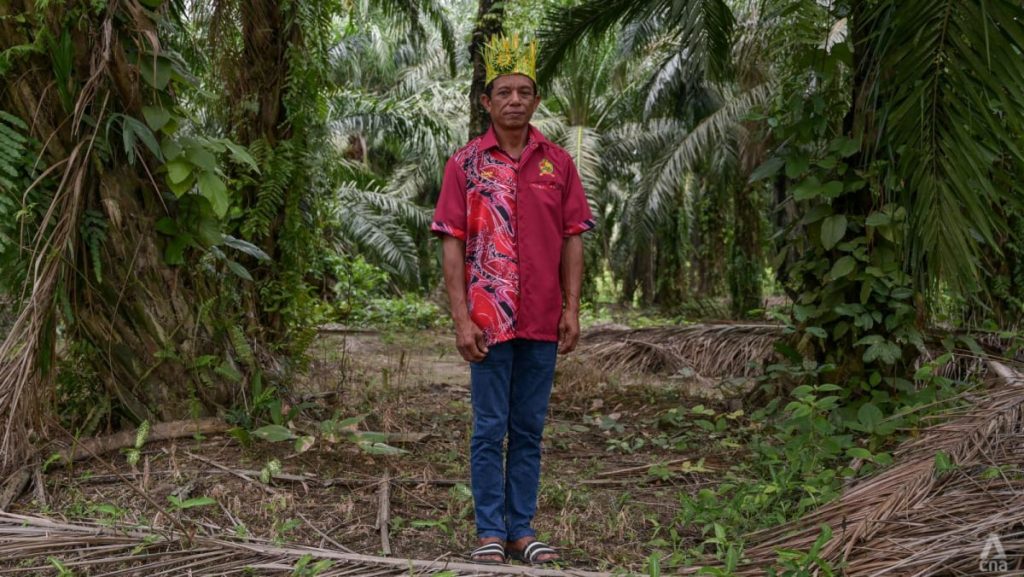The Federal Constitution protects the rights of indigenous people in Malaysia, particularly in relation to their proprietary interest in land. However, the National Land Code 1965 states that all land is considered state land unless it meets specific criteria such as having a documentary land title or being reserved for a public purpose or a mining permit under forestry-related laws. Orang Asli customary territories without any form of documentation or reservation status are thus classified as state land.
In 2016, a report by Friends of the Earth Malaysia and the Orang Asli Network of Peninsular Malaysia highlighted issues of encroachment on Orang Asli land. The National Land Code allows states to issue private documentary land titles, potentially to private developers or individuals, for Orang Asli customary land. Orang Asli lawyer and activist, Amani Williams-Hunt Abdullah, noted that parties seeking to acquire state land should first investigate the presence of existing inhabitants and activities on the land.
In a legal case in 2015, land in Kampung Senta, where the Semai tribe of Perak resided, was leased to a private corporation despite the presence of a government school in the area, according to Amani. The company served eviction notices to Semai villagers, claiming to have obtained title to part of their customary land and accusing the villagers of trespassing. This case illustrates a common occurrence where Orang Asli land rights are disregarded in favor of profit-driven interests, as developers and individuals seek to acquire land without proper consideration for the indigenous communities already residing there.
The issue of gazetting Orang Asli land has become a contentious point in Malaysia, with conflicting interests and legal disputes arising between indigenous communities and land developers. Despite the protection guaranteed by the Federal Constitution, the National Land Code poses a challenge for Orang Asli communities in asserting their land rights. The lack of formal documentation or reservation status for customary territories leaves Orang Asli vulnerable to land alienation and displacement by private entities seeking to acquire and develop the land for commercial purposes.
Amani emphasizes the importance of recognizing the presence of Orang Asli communities on the land before any alienation is considered. He highlights the need for a more equitable and transparent process in land acquisition to avoid injustices and violations of indigenous land rights. The case of Kampung Senta serves as a cautionary example of how Orang Asli communities can face discriminatory actions by developers and authorities, ultimately leading to conflict and displacement.
Efforts by NGOs and indigenous rights advocates to raise awareness about the encroachment and alienation of Orang Asli land have brought attention to the issue at a national level. The struggle for Orang Asli land rights continues, as communities seek recognition and protection of their ancestral territories against the encroachment of external interests. By advocating for the equitable treatment of indigenous communities and their land rights, organizations like Friends of the Earth Malaysia and the Orang Asli Network of Peninsular Malaysia play a crucial role in defending the rights of Orang Asli in Malaysia.


